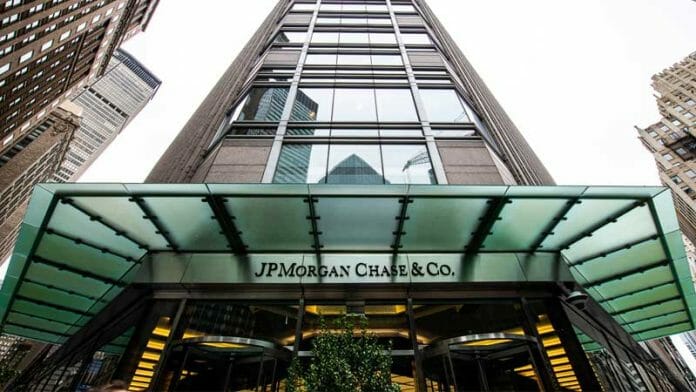JPMorgan Chase & Co will buy most of First Republic Bank’s assets in a last-ditch rescue led by United States regulators, marking the third major US institution to fail in two months.
The deal, announced early on Monday (May 1) by regulators who said they had seized First Republic, will see the banking giant take US$173 billion of loans, US$30 billion of securities and US$92 billion of deposits of the failed lender.
There were no details on how much JPMorgan would pay.
San Francisco-based First Republic came under intense pressure after disclosing last week that it had suffered more than US$100 billion in outflows in the first quarter and was exploring options.
That also renewed stress on the banking sector, which was reeling from the closure of Silicon Valley Bank and Signature Bank in March, while Swiss lender Credit Suisse was bought by rival UBS in a state-engineered takeover
First Republic Bank shares tumbled 43.3 per cent in premarket trading. The stock has lost 97 per cent of its value this year. JP Morgan shares rose 2.7 per cent.
“The wall of worry may ease. Resolving FRC should end the seven-week post-SVB bank crisis phase,” Wells Fargo analysts wrote in a note late on Sunday before the deal was announced.
The rescue comes less than two months after a deposit flight from US lenders forced the Federal Reserve to step in with emergency measures to stabilise markets. Those failures came after crypto-focused Silvergate voluntarily liquidated.
“Our government invited us and others to step up, and we did,” said Jamie Dimon, Chairman and CEO of JPMorgan Chase. “Our financial strength, capabilities and business model allowed us to develop a bid to execute the transaction in a way to minimise costs to the Deposit Insurance Fund.”
JPMorgan said it expected to achieve a one-time, post-tax gain of approximately US$2.6 billion after the deal which did not reflect an estimated US$2 billion dollars of post-tax restructuring costs likely over the next 18 months.
-Reuters









